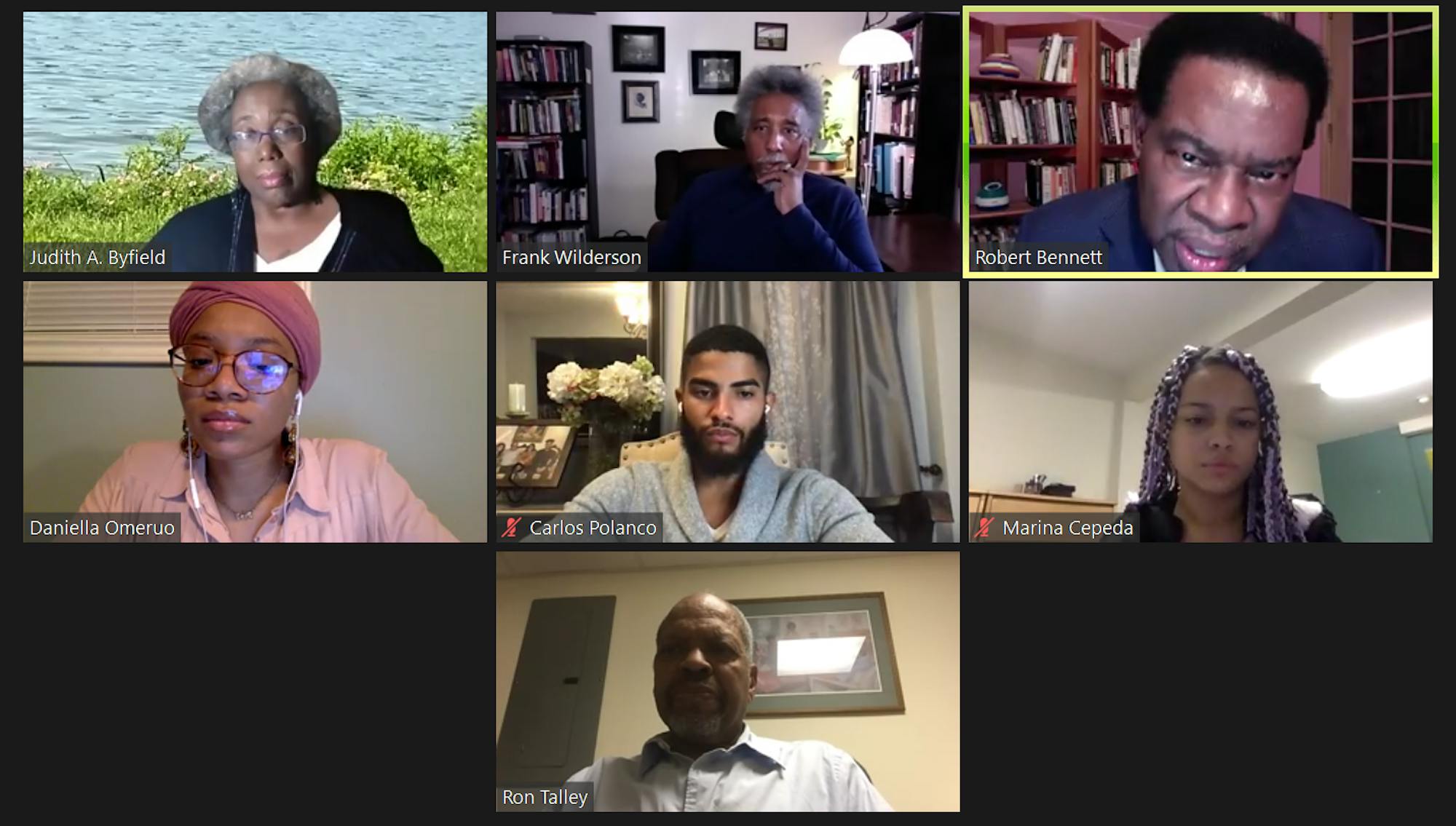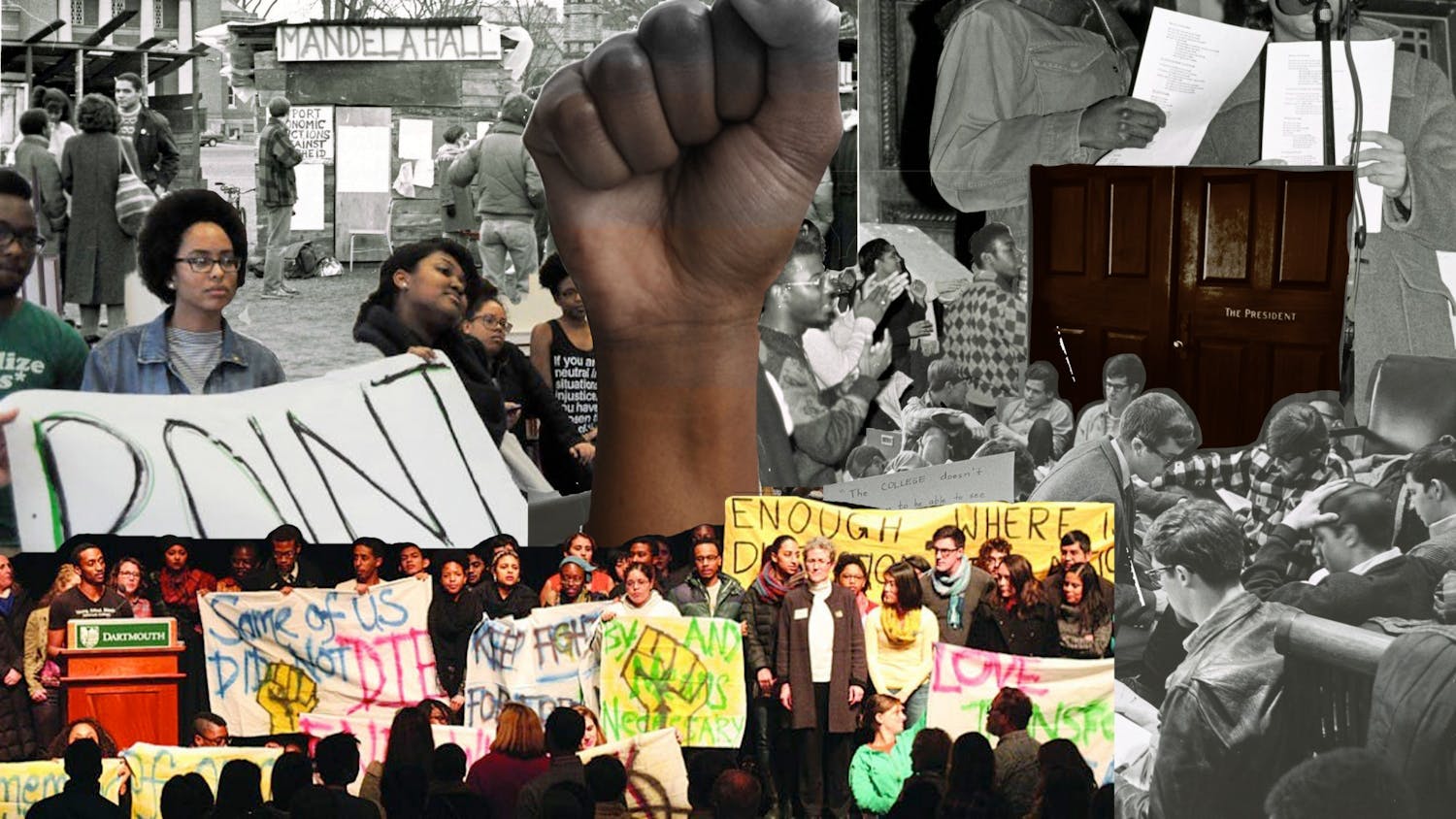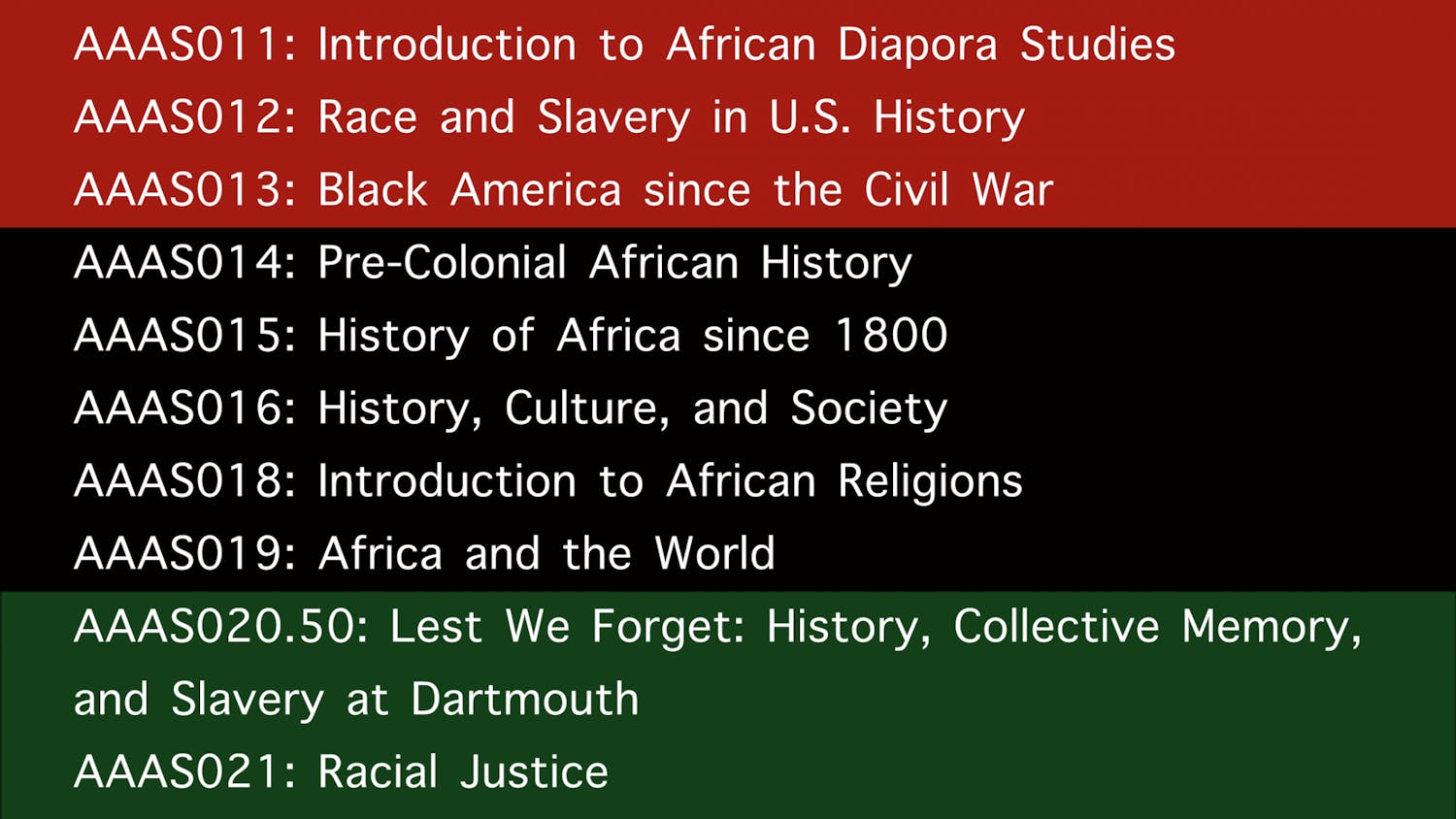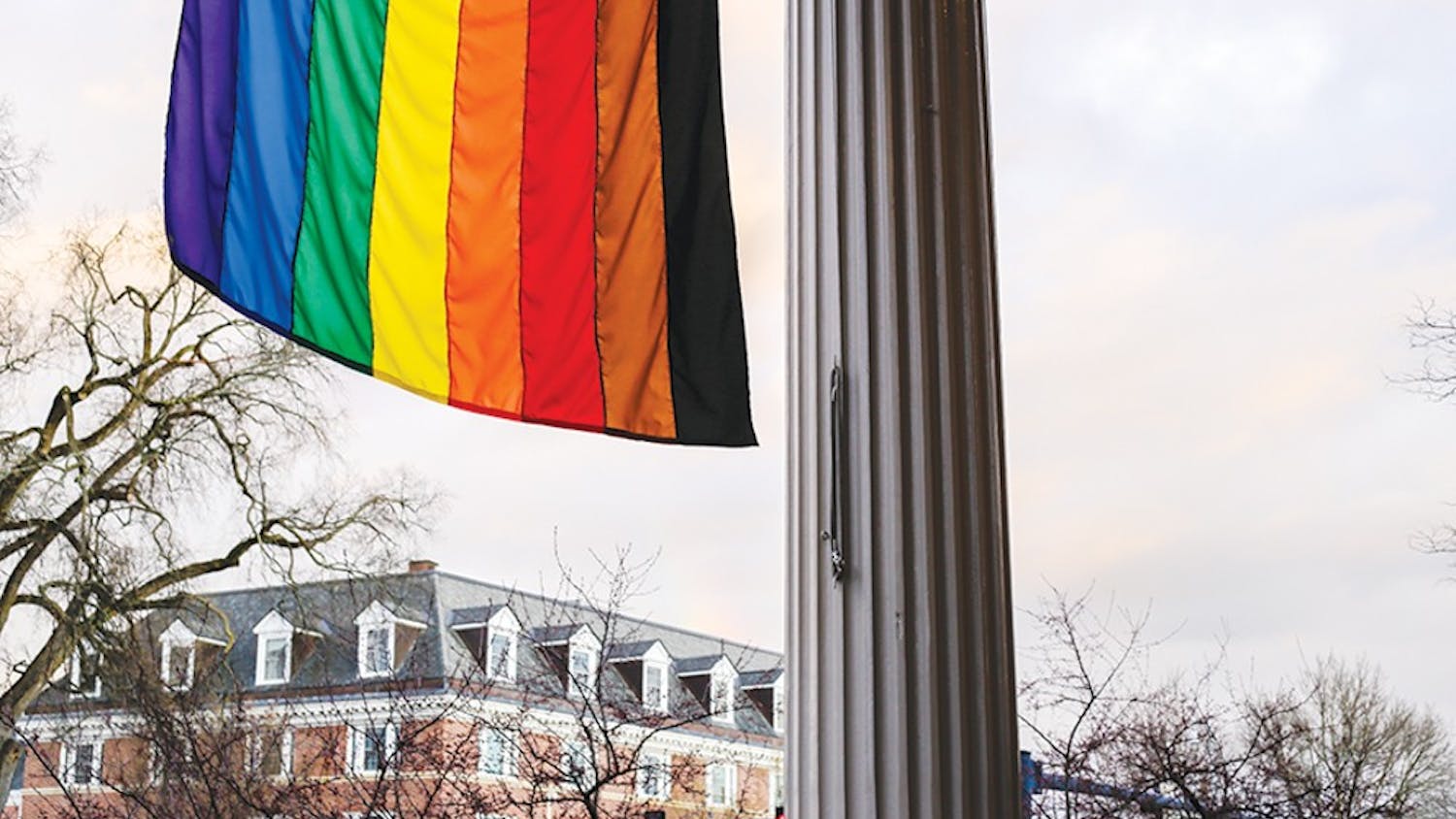This year marks a special milestone for Dartmouth: the 50th anniversary of its African and African American Studies program. On Thursday, the program hosted a series of panels that highlighted the history of the program and the accomplishments of four Dartmouth alumni activists.
The event, titled “AAAS@50: Black Studies in the Age of Black Lives Matter,” included discussions on three different topics: The “Fight for Black Studies at Dartmouth,” “Black Studies in the Age of Black Lives Matter” and “The Legacy of John Lewis and Black Studies.” The panel of speakers included Robert Bennett ’69, Judith Byfield ’80, Ronald Talley ’69 and Frank Wilderson ’78, with different moderators for each discussion.
“I think it is important at this time to see an event like this as a moment of reflection where ... we pause in the midst of these moments to take stock of where we have been and where we are going,” English professor and AAAS vice chair Michael Chaney said.
According to AAAS program chair Ayo A. Coly, panelists were invited because of their prior involvement in student activism on campus, especially during the Civil Rights Movement.
Marina Cepeda ’21, one of the event’s student moderators, said that she felt the event informed students of the history and significance of the AAAS program and allowed them to understand the legacies of student activists on campus.
“Before this event, I didn’t know the amount of labor that it took to bring AAAS to our school,” Cepeda said. “We need to appreciate the activism that went into creating AAAS 50 years ago, and we need to appreciate that activism today.”
Coly also emphasized the importance of connecting the alumni with current students.
“One of the most important points on the table is the cross-generation conversation that we’ll have between students in the ’60s who participated in the Civil Rights Movement and civil unrest and our own students in AAAS, who are now very involved walking in the streets standing up for Black Lives Matter,” she said.
The event opened with a discussion of Dartmouth’s campus in the 1960s and 1970s and how the time period contributed to the founding of AAAS. According to Bennett, one of the key events during that time was the student protest against segregationist and then-presidential candidate George Wallace’s visit to campus. Byfield spoke about her participation in protests against killings of Black people during apartheid.
Wilderson spoke about his personal experiences at Dartmouth, recalling that he was depressed while at the College, as he felt he didn’t belong anywhere on campus. He noted his eventual relief upon finding the mural of Malcolm X at Cutter-Shabazz Hall and spending the evening there rapping with a group of other Black students. He also spoke about his shock at being suspended for two years after leading a student protest against the treatment of immigrant workers.
Cepeda said that Wilderson’s story stuck with her.
“I think it’s important to recognize that these panelists — yes, they are praised now, but when they were at Dartmouth, they were suspended and subject to so much racism,” she said. “The fact that that remains today, 50 years later, really spoke to me.”
During the event, panelists also discussed spaces on campus for Black students on campus in the ’60s and ’70s. For example, Byfield said that she always avoided Webster Avenue because she always felt unwelcome there.
The current AAAS program was established as the Afro-American Studies program in 1969. It was later changed to Black Studies in 1970 and the current name, African and African American Studies, was first used in 1979, according to Chaney. While different iterations of the program have existed at the College, Talley underscored the continued importance of the AAAS program at Dartmouth today.
“The AAAS program is as relevant today as it was in its inception. … Addressing the issue surrounding race in America requires intention. The cultivation of the desires to address this issue can best be accomplished under [the AAAS] program,” Talley said.
While the event focused on the development of AAAS at Dartmouth, Bennett noted that the night’s discussions had broader implications as well.
“It’s not possible to tell the history of the United States without telling the history of Black people,” Bennett said.




